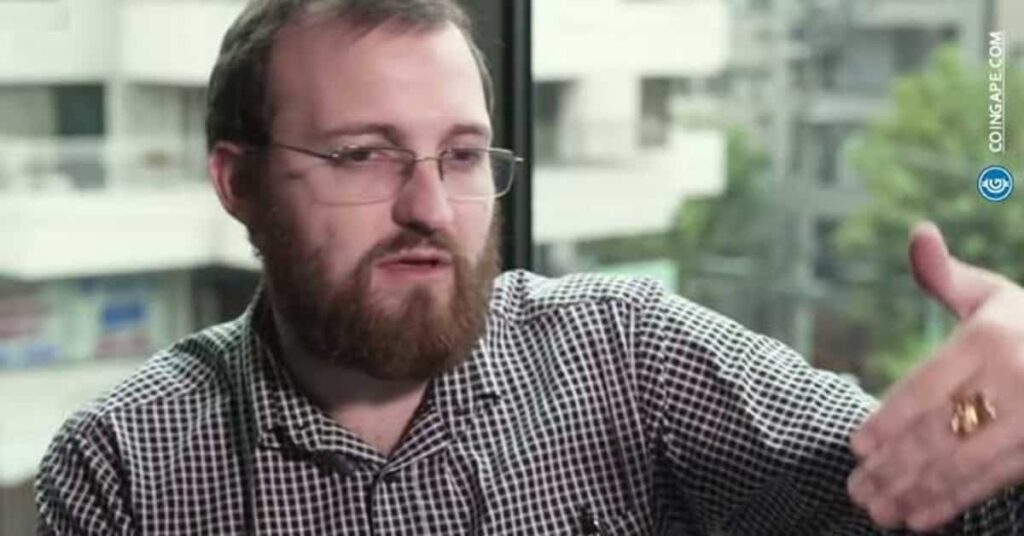Elon Musk’s bid to buy Twitter and take it private has sparked a lot of discussions. Charles Hoskinson, the CEO of IOG and founder of Cardano, commented that he is open to helping Musk build a decentralized social media platform should his Twitter bid fall through.
Cardano’s Charles Hoskinson offers to build decentralized Twitter with Musk
In a follow-up tweet, Hoskinson stated that the platform would be “cross-chain with Bitcoin, Doge, and Cardano” supported by default. He made the claim in response to “Robobubo,” a Twitter user who asked if the hypothetical platform would be limited to Cardano. However, the user pressed on saying limiting the platform to just the three blockchains would not do for a truly decentralized social media experience.
Meanwhile, other crypto market leaders have also keyed into the idea of making Twitter decentralized, and censorship-resistant. Sam Bankman-Fried, the CEO and co-founder of FTX exchange, shared some thoughts on what a decentralized version of Twitter could look like.
SBF, as he is commonly called, opined that the platform could allow users to post encrypted tweets on-chain. Monetization can then come from either micro-fees for posting tweets, or the user interface (UI). Ultimately, either model of monetization would be good for the platform.
Would this be good for Twitter’s bottom line?… Would this democratize social media, make the finances transparent, and remove single point of failure moderation? Yup, he said.
In contrast, Justin Sun, the founder of TRON, has offered to outbid Elon Musk. In a tweet, the crypto entrepreneur said that he is offering $60 per share to take Twitter fully private. He also shares Elon Musk’s vision for Twitter to become crypto-native he said.
What are Elon Musk’s plans for Twitter?
It has been a dramatic few days with Elon Musk, the world’s richest man, and Twitter. The Tesla and SpaceX CEO initially acquired 9.2% of the company and was close to becoming a member of the board.
He however turned down the board seat at the last minute. In the succeeding days, Musk filed a bid with the SEC to buy Twitter for around $43 billion in cash. He outlined that for the platform to reach its full potential in upholding free speech, it needed to be transformed as a private company.
The saga continues to play out as the management of Twitter has acknowledged receiving the “unsolicited, non-binding proposal” but has not reached a final decision. Meanwhile, Musk continues to apply pressure, saying a rejection of the bill would call into question the board’s level of responsibility to shareholders.

